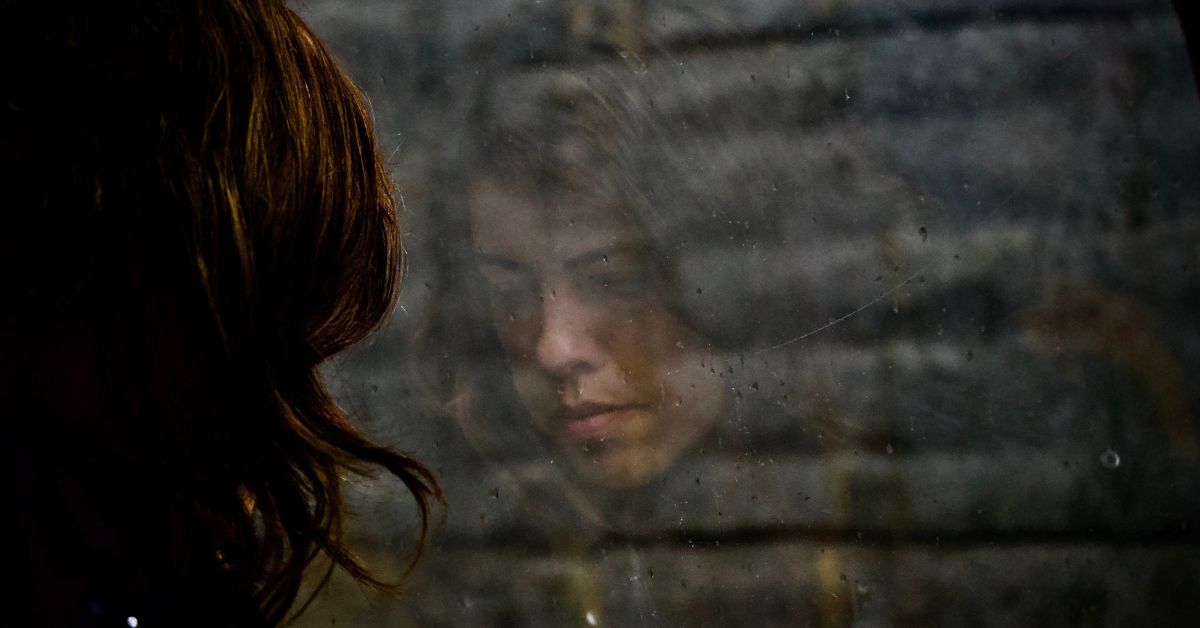By: Amy Cheng
As many celebrate Mother’s Day this Sunday, the day will be particularly difficult for those who don’t have mothers.
Danielle Snelling, who lost her mother when she was 23, finds the day “heartbreaking”.
“It’s a big stab in the heart because it’s so noisy in the lead up to Mother’s Day, with so many promotions,” she said in an interview.
“You turn the TV on and the TV is telling you to go out and buy something for mum, or go and have lunch with mum here and there; it’s not really something you can escape from at this time.”
Data from the Australia Bureau of Statistics revealed that 3.9 million Australian women have experienced mother loss.
Many of these women lost their mothers at a young age, before the age of 44 (1.2 million).
Ms Snelling co-founded Motherless Daughters Australia (MDA) in 2013 with Eloise Baker, a not-for-profit organisation helping women grieve and honour their mothers.
The two women met online and connected over their shared experience of mother loss.
“I felt really isolated and disconnected from my friends after the loss of my mum,” Ms Snelling said.
“We were chatting all things mother loss and our experiences and it was the first time both of us felt really understood and validated and we really normalised each other’s experiences.
“Given the lack of support… we wondered how many women are like us out there who haven’t got the support and what can we do for them.”
MDA is now a community with over 15,000 women, Ms Snelling said.
Needs to be more inclusive
Many struggle with Mother’s Day because it’s not very inclusive, according to Ms Snelling.
“Mother’s Day is really important; we don’t want to rain on the Mother’s Day parade at all because it’s an important day and mothers should be celebrated.
“But we’re slowly starting to see more and more retailers provide options to opt out of emails, which is lovely and very sensitive and more inclusive.
“I’d love to see more information provided in those emails in terms of the support that’s around… so there’s actually somewhere for people to go rather than just opting out.”
Impact of losing a mum
A survey conducted by MDA last year revealed that the loss of a mother can impact on a woman’s mental health.
Of those surveyed, 67 per cent had been diagnosed with or suffer from anxiety and 60 per cent reported depression.
Others reported experiencing psychological trauma, memory loss, behavioural and social problems and had a tendency to abuse drugs or alcohol.
The loss can also impact on other relationships, Ms Snelling said.
“There’s a fear of other family members passing away as well, which can be quite debilitating, (and) there’s a real fear in developing close bonds with others around them out of fear of further loss.”
How the motherless can mark Mother’s Day
This week is Mother Loss Awareness Week – now in its fifth year, the week is to “honour the mums who have grown their wings”, according to MDA’s website.
Women are invited to “draw her wings – a symbol of honour and remembrance”.
This year, MDA has also created the Mother’s Halo Cyclamen label, a plant symbolising “femininity, devotion and ever-lasting love” and is featured in Leonardo da Vinci’s paintings.
“It’s to help reframe Mother’s Day so we can be more inclusive of people whose mum’s have died and celebrate all mums.
“Quite often, so many people who have experienced mother loss, not just daughters but sons as well, are quite isolated and not able to participate in Mother’s Day activities.
“Having something that we can do to still honour our mums is really important.”
Other ways those impacted by mother loss can celebrate include looking after themselves, Ms Snelling said.
“(It could be) doing something that your mum enjoyed doing, eating her favourite food, eating your favourite food and honouring and looking after yourself in her memory.
“Make sure you’re not doing something out of the expectation of others and you’re putting your needs first.”
How to support the motherless
To support the motherless on the day, Ms Snelling suggests checking in to see how they’re going, asking how to support them and encouraging them to share a story about their mum.
“Give them opportunity to talk about their mum and hold that space without any judgement or criticism and without expecting them to get on with it and be strong; it’s important to let them be sad,” she said.
Although these conversations can feel awkward and uncomfortable, Ms Snelling believes many women welcome these conversations.
“Having hundreds and hundreds of conversations with women in our community, there’s a very small number of women who don’t like talking about their mum.
“The majority of women want to talk about their mum but often don’t because of the responses they’re met with from their friends and families because society is just so awkward when it comes to grief.”
Although it may not be clear which category your loved one falls into, Ms Snelling says people shouldn’t be discouraged if they don’t open up immediately.
“Sometimes we can overthink these things too much – it’s just simply asking them if it’s something they want to talk about.
“Be mindful of how you respond and make sure you’re not responding awkwardly; make a real effort to not be uncomfortable while talking about it.
“Talk about them like they’re still alive, we don’t need to talk about them like they’re dead, their memory will live on forever, they are still alive.”
For herself, she is always more than happy to talk about her mum.
“When people ask about my mum, or when they say ‘you look so much like your mum’ that’s the best compliment to me, that’s like music to my ears.”
Article supplied with thanks to Hope Media.
Feature image: Photo by Tiago Bandeira on Unsplash

